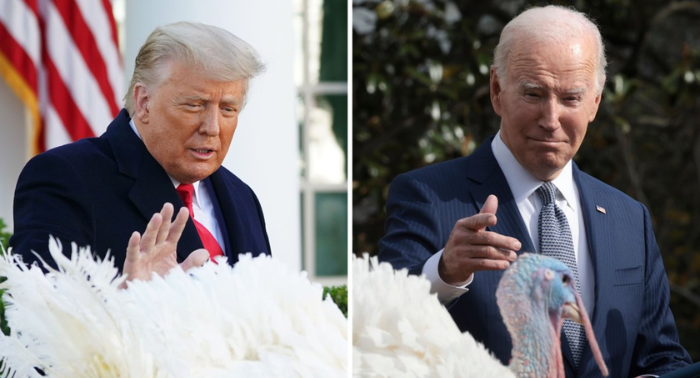As lawmakers reconvened this Monday, the fate of U.S. assistance to Ukraine coupled with border policy amendments regarding Mexico hung in a balance. Senate negotiators, back from recess, faced challenges in finalizing a consensus, while House Republicans sought to impose their stringent immigration conditions.
Monday’s discussions among Senate members were primarily focused on drafting a bipartisan bill to curb the influx of asylum seekers at the U.S.-Mexico border. However, by day’s end, substantial disagreements persisted, hinting at extended talks beyond the week.
Senator James Lankford, a key Republican in the discussions, expressed concerns over unresolved issues, indicating complexities in reaching an agreement.
This legislative effort, which has been in the works for months, comes in the wake of Republican demands to link border policy reforms with additional support for Ukraine.
The Biden administration, actively participating in these discussions, aims to balance two critical issues: securing aid for Ukraine amidst its conflict with Russia and addressing the surge in asylum seekers at the southern border. This dual focus is critical, especially in light of a new CBS poll indicating widespread public concern over border management under Biden’s presidency.
Biden’s proposal for a comprehensive $110 billion aid package, encompassing support for Ukraine and Israel amidst their respective conflicts, faces opposition from conservatives, particularly over border security enhancements.
Senate Republican Leader Mitch McConnell highlighted the importance of this opportunity to advance border security, describing it as a potential landmark achievement.
However, the House presents a different picture. Conservative members, especially those aligned with former President Trump, remain critical of any bipartisan efforts that do not align with their stringent border policies, passed last year. House Speaker Mike Johnson, after a recent Texas border visit, emphasized the necessity of aligning any Ukraine aid with the House’s border policy stance.
Amidst these discussions, congressional leaders have separately agreed on overall spending figures to avert a looming partial government shutdown. Yet, this agreement sidesteps the contentious issues of border policy and Ukraine aid.
The White House, through press secretary Karine Jean-Pierre, has urged Republicans to stop leveraging the threat of a government shutdown and to focus on funding critical domestic and national security priorities.
The urgency of supporting Ukraine was echoed by Senator Chris Murphy, a Democrat leading negotiations, who emphasized the critical need for timely aid.
Despite these challenges, Senator Kyrsten Sinema, an independent central to the talks, remained focused on achieving a viable bill that could pass both congressional chambers and receive the President’s approval.
Meanwhile, negotiations also involve addressing the humanitarian parole program, a significant point of contention, particularly among Republican senators.
In addition to these issues, lawmakers are grappling with implementing new border enforcement measures, mirroring some policies from the Trump era, and determining the appropriate thresholds for their activation.
The proposed package, however, faces criticism from the left, with concerns about potential limitations on asylum rights. Immigrant advocates are planning demonstrations in Washington to voice their opposition.
In his recent address in Eagle Pass, Texas, Homeland Security Secretary Alejandro Mayorkas expressed optimism about Congressional action to reform the immigration system and strengthen border security, emphasizing the dynamic nature of migration patterns compared to past decades.




